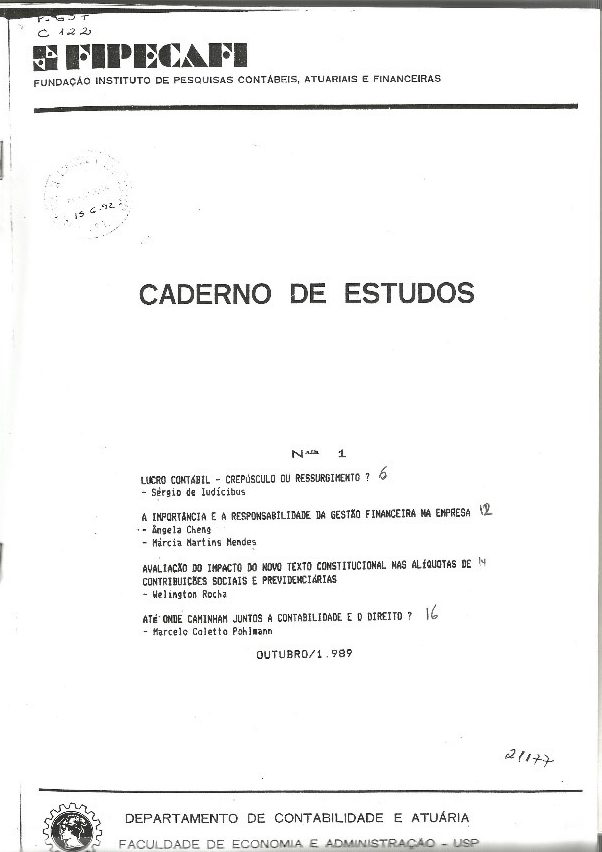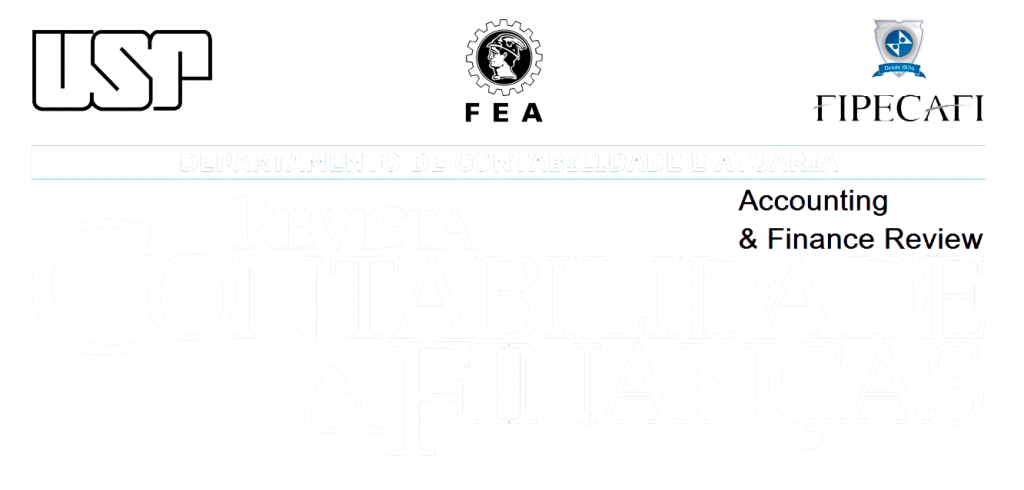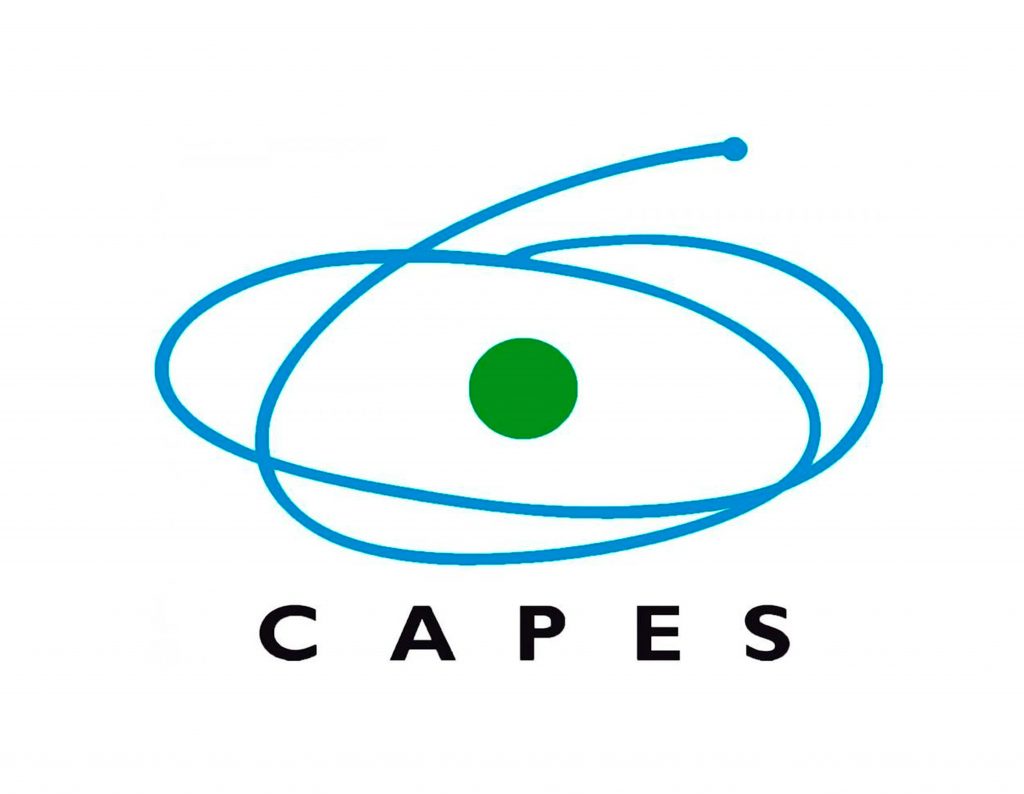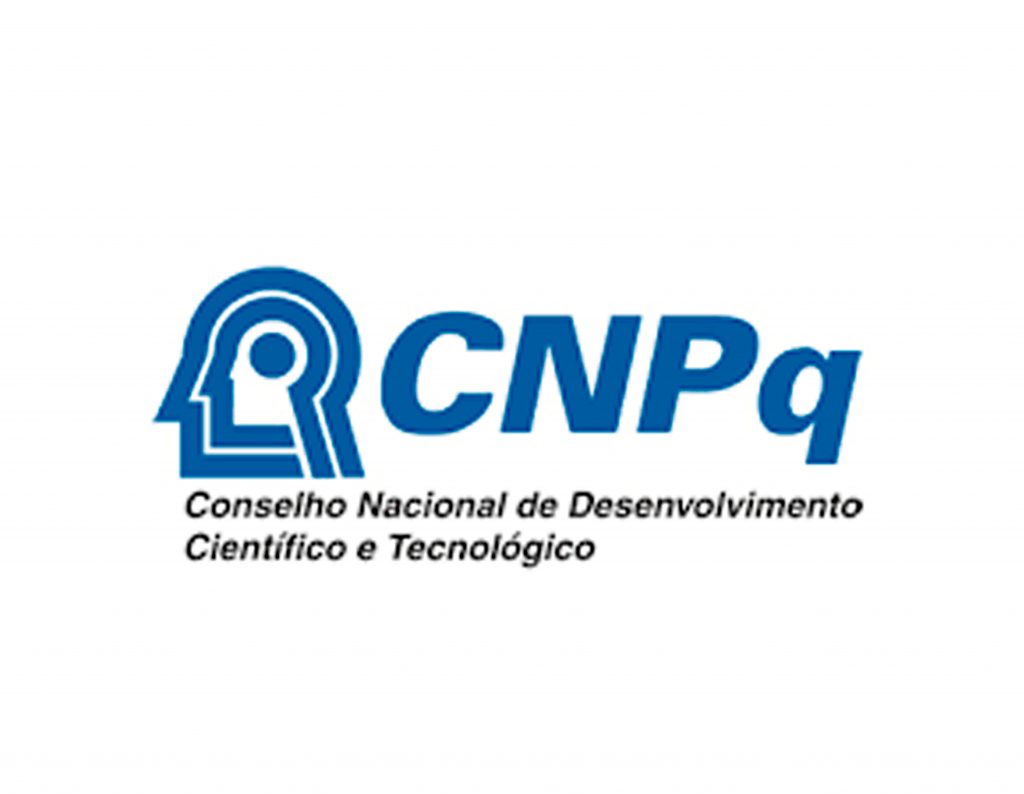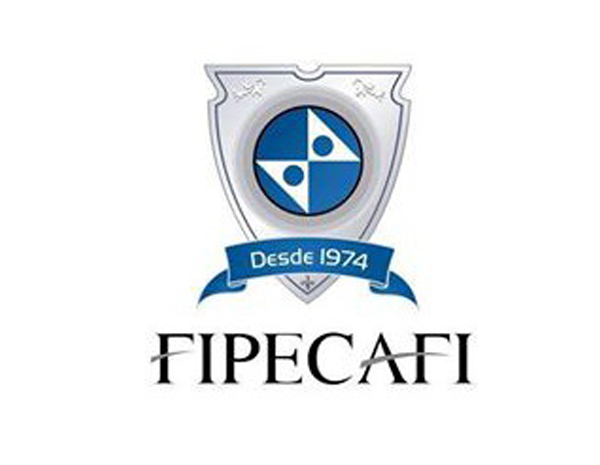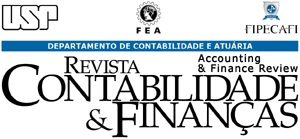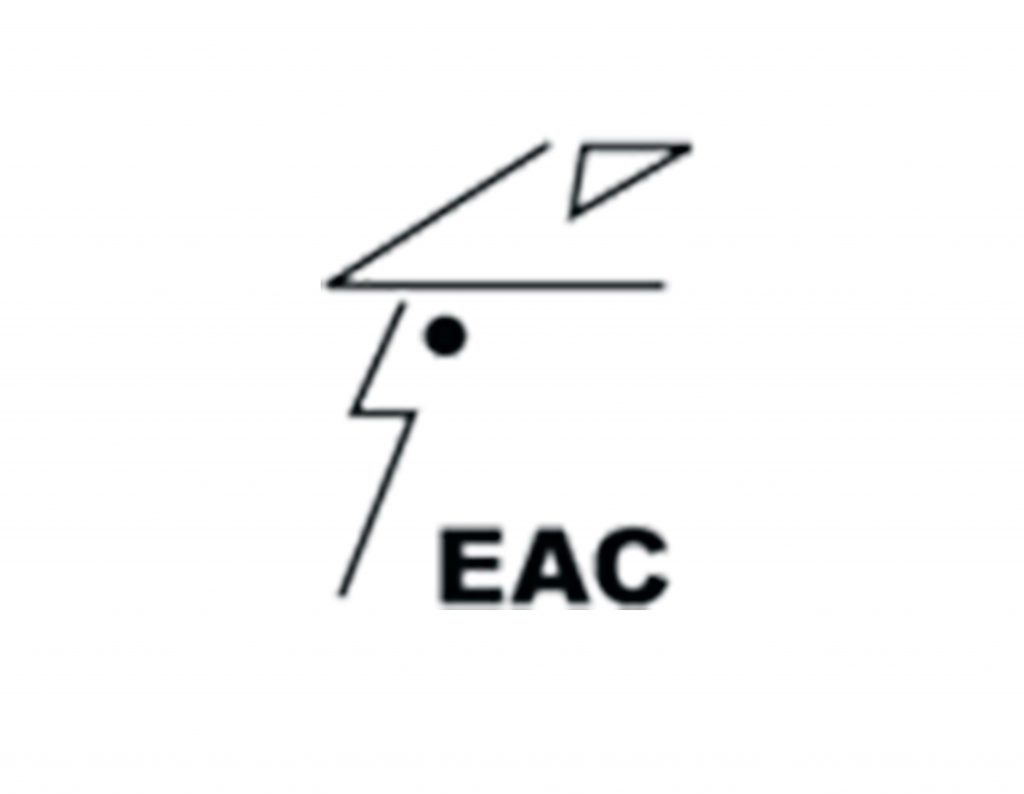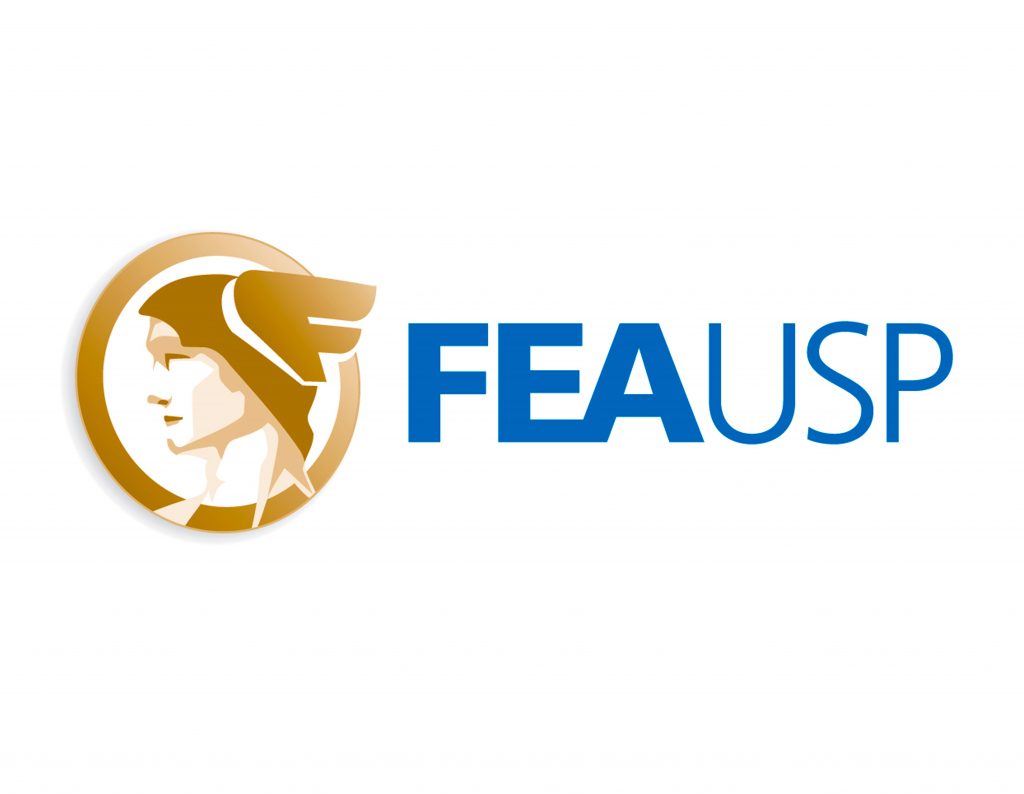The great motivation for the creation of a journal in the Department of Accounting and Actuarial Science was noticing the need for an academic publication that allowed the launch of studies conducted in Brazil, because, by means of the local professors’ contacts, particularly with the University of Illinois, it was found that they published mainly in the same journals, something which significantly hindered communication.
In 1989, the Head of the Department of Accounting and Actuarial Science was Professor Sérgio Iudícibus who encouraged and supported the creation of the journal Caderno de Estudos, later renamed as Accounting & Finance Review (Revista Contabilidade & Finanças [RC&F]).
On that occasion, Professor Eliseu Martins showed the pattern of a very unpretentious, simple, and cheap French journal. It had a cover page on a slightly heavier paper than the one used for the articles, which contained the journal’s title and a rectangular cutout at the center, in order to identify the articles on the first page. At the time, the scarcity of resources has led us to adopt the same model, because it made the costs cheaper.
Thus, the first issue of Caderno de Estudos was published by the department in October 1989, in partnership with the Foundation Institute for Accounting, Actuarial Science, and Financial Research (Fundação Instituto de Pesquisas Contábeis, Atuariais e Financeiras [FIPECAFI]), a partnership that, over time, has greatly contributed to the journal’s growth and longevity.
Editors
The decision to create the journal came at a time when the department’s most experienced professors were overwhelmed with academic commitments. The choice of someone young capable of managing the journal’s general activities, supported by the Editorial Board, defined the choice of Professor Jacira Tudora Carastan, a newly admitted professor in the department, employed full time, who had been a pupil of virtually all professors, something which allows easy contact and workflow. She was a researcher on teaching methods and the Editorial Board acknowledged her as a reference to manage a journal that would deal with teaching and research.
Unfortunately, Professor Jacira passed away at a young age and in an unexpected way, being replaced by Professor Lázaro Plácido Lisboa within the period from 2001 to 2008.
On that occasion, the Brazilian Coordination for the Improvement of Higher Education Personnel (Coordenação de Aperfeiçoamento de Pessoal de Nível Superior [CAPES]) completely changed the way how journals are assessed, with an increase in formalization and the Qualis/CAPES system shifted from a qualitative and subjective extreme to a very formal one, which favors structuring.
The great challenge to quickly adapt to make the changes was rewarded with the outstanding classification at the best level of national journals in the CAPES’ area of Administration, Accounting, and Tourism.
The increased number of Accounting journals in Brazil had an impact on the competition to the knowledge building, which brought some changes to the journal:
- Change of title to take a new direction;
- Expanding the participation of authors external to the department;
- Redefining the periodicity to four-monthly;
- Strong transition to empirical studies, in the most varied approaches;
- Looking for foreign authors, at least one per issue; and
- Achievement of indexing in the Scientific Electronic Library Online (SciELO), the greatest acknowledgment until now, bringing benefits to RC&F.
Then, Professor Gilberto Martins, devoted to research evolution in the department, concerned with the orientation and viability of empirical research and the use of a corresponding methodology, mainly quantitative, took over the RC&F’s management from 2009 to August 2011.
The following actions stand out within this period:
- Publication exclusively in electronic media, making the journal’s work contemporary;
- Start of the indexing process in the Network of Scientific Journals from Latin America and the Caribbean, Spain, and Portugal (Red de Revistas Científicas de América Latina y El Caribe, España y Portugal [Redalyc]);
- Fundraising initiative outside the FIPECAFI environment.
The fourth editorial management, which took office in September 2011, under the responsibility of Professor Fábio Frezatti, goes through new and frequent changes of scenario. Currently, more than 35 journals in Brazil contain the term accounting in the title or partly meet the demand for publication in the area.
With the challenge of facing, in addition to domestic competition in the country, that of the mainstream and the need for authors to publish internationally, this administration adheres to the guidelines indicated below, in order to achieve positive results:
- Have a strong governance structure with formal regulation, mandate for the entire staff, editorial team, and a pluralistic and active editorial board. This element contributes to transparency, equal opportunities and, undoubtedly, has an impact on the quality of what is communicated;
- Seek ontological and epistemological pluralism in terms of what is intended to be communicated;
- Systematize publication in two languages (Portuguese and English or Spanish and English) for all articles, increasing the visibility of national authors;
- Pay for the translations of all authors who have accepted papers, in order to enable access to knowledge in environments outside the country;
- Support the authors, by pursuing the most efficient indexers to provide greater exposure and chance to be cited;
- Adopt the ScholarOne management system, made available by the SciELO, to whom we thank for the feasibility of implementation. Certainly, this mechanism will bring greater agility to the editorial process as soon as it is implemented;
- Look for funding sources that complement that of the FIPECAFI, from the AGUIA (University of São Paulo [USP]) and the Brazilian National Council for Scientific and Technological Development (Conselho Nacional de Desenvolvimento Científico e Tecnológico [CNPq]), which allow not only acknowledgment, but flexibility to have the resources needed. Again, we are grateful for this key support for development;
- Push research in the various areas of knowledge that are related to the journal’s scope and advocate the coexistence of the international mainstream with local contributions;
- Professionalize the support structure, both internal and external to the RC&F; and
- Increase communication with authors, readers, and reviewers.
Caderno de estudos first edition
